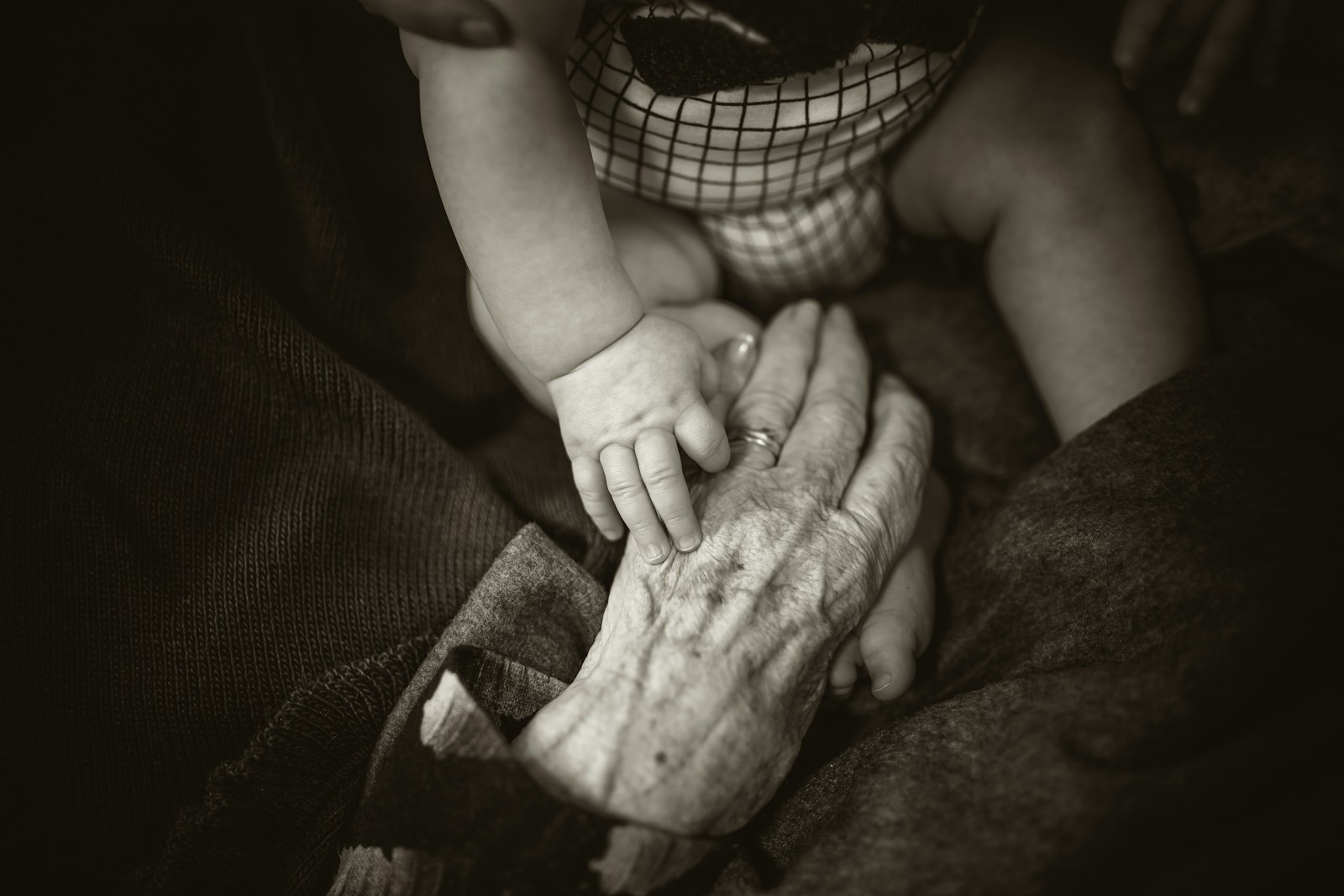
hijo único

only child
The Spanish phrase 'hijo único' directly translates to 'only child' in English. It is used for describing a person who has no siblings. In this phrase, 'hijo' means 'son' or 'child' and 'único' means 'only' or 'unique'. So, 'hijo único' can also refer to 'unique child', but it is commonly understood as 'only child'.
Example sentences using: hijo único
Mi hijo único siempre ha deseado tener un hermano.

My only child has always wanted to have a brother.
This phrase describes a situation where an individual expresses their child's desire to have a sibling, highlighting the feelings and experiences of a single child.
Ser hijo único puede ser solitario a veces.

Being an only child can be lonely sometimes.
In this phrase, the speaker reflects on the emotional aspect of being an only child, suggesting that the lack of siblings may lead to feelings of loneliness.
Los padres de un hijo único suelen darle mucha atención.

The parents of an only child usually give them a lot of attention.
Here, the focus is on how parents might dedicate more time and focus to their only child, which can influence the child's upbringing and personality.